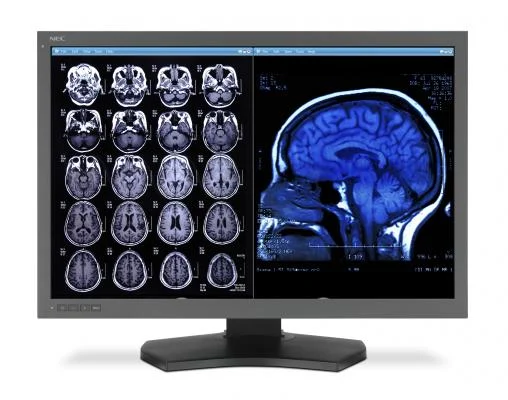Depressive psychosis, also known as psychotic depression, is a severe mental health condition where an individual experiences the profound sadness typical of major depressive disorder alongside the distorted perceptions characteristic of psychosis. This combination can significantly impair daily functioning and requires prompt, effective treatment.

Symptoms of Depressive Psychosis
Individuals with depressive psychosis exhibit symptoms of major depression coupled with psychotic features. The depressive symptoms include:
- Persistent Depressed Mood: A pervasive feeling of sadness or hopelessness.
- Anhedonia: Loss of interest or pleasure in previously enjoyed activities.
- Fatigue: Chronic tiredness and lack of energy.
- Sleep Disturbances: Insomnia or excessive sleeping.
- Appetite Changes: Significant weight loss or gain unrelated to dieting.
- Feelings of Worthlessness or Guilt: Excessive or inappropriate guilt.
- Cognitive Impairments: Difficulty concentrating or making decisions.
- Suicidal Ideation: Recurrent thoughts of death or suicide.
The psychotic features are:
- Delusions: Strongly held false beliefs, often involving themes of guilt, illness, or persecution.
- Hallucinations: Perceiving things that are not present, such as hearing voices that criticize or demean.
These psychotic symptoms typically align with the individual’s depressive themes, reinforcing feelings of worthlessness or hopelessness.
Causes and Risk Factors
The exact cause of depressive psychosis remains unclear, but several factors may contribute:
- Genetic Predisposition: A family history of depression or psychotic disorders increases risk.
- Biochemical Imbalances: Dysregulation of neurotransmitters like serotonin and dopamine.
- Stressful Life Events: Traumatic experiences or significant life changes can trigger onset.
- Substance Abuse: Misuse of drugs or alcohol may precipitate or exacerbate symptoms.
Understanding these factors is crucial for developing effective prevention and treatment strategies.
Diagnosis
Diagnosing depressive psychosis involves a comprehensive assessment:
- Clinical Evaluation: A thorough interview to assess mood, behavior, and thought patterns.
- Medical History: Review of personal and family psychiatric history.
- Physical Examination: To rule out medical conditions that could mimic psychiatric symptoms.
- Psychological Testing: Standardized assessments to evaluate the severity of depression and psychosis.
Accurate diagnosis is essential for effective treatment planning.
Treatment Options
Treatment for depressive psychosis typically involves a combination of interventions:
- Pharmacotherapy:
- Antidepressants: Medications like selective serotonin reuptake inhibitors (SSRIs) to alleviate depressive symptoms.
- Antipsychotics: Drugs such as olanzapine or risperidone to address psychotic features.
- Combination Therapy: Using both antidepressants and antipsychotics has shown efficacy in managing symptoms.
- Electroconvulsive Therapy (ECT): Considered for severe cases or when medication is ineffective, ECT involves electrically induced seizures to provide rapid symptom relief.
- Psychotherapy:
- Cognitive Behavioral Therapy (CBT): Focuses on identifying and modifying negative thought patterns and behaviors.
- Supportive Therapy: Provides emotional support and coping strategies.
Early intervention and adherence to treatment are vital for recovery and relapse prevention.
Prognosis and Outlook
With appropriate treatment, many individuals with depressive psychosis experience significant improvement. However, the condition can recur, necessitating ongoing monitoring and maintenance therapy. Support from healthcare providers, family, and support groups plays a crucial role in long-term management.